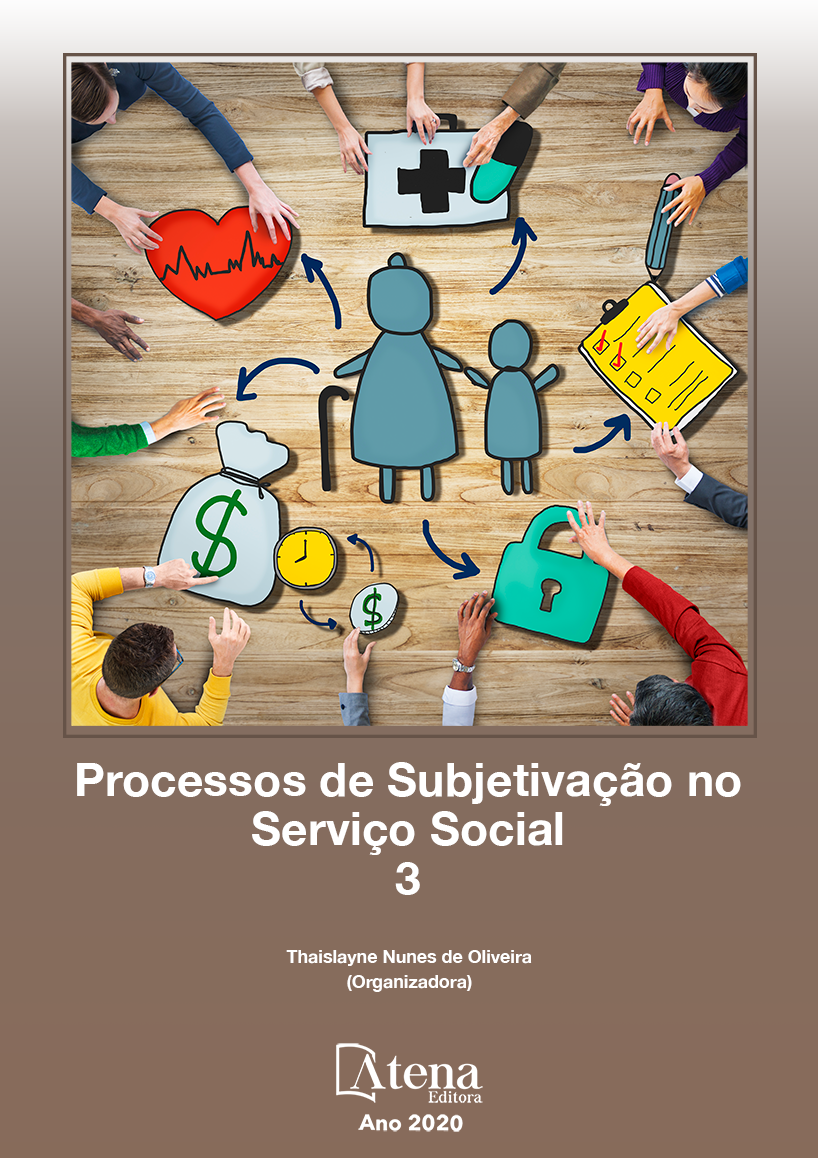
“NEM NASCER, NEM MORRER”: A AUSÊNCIA DO REGISTRO CIVIL DE NASCIMENTO NA TRAJETÓRIA DE VIDA DE MULHERES E HOMENS EM SOFRIMENTO MENTAL MORADORES DE ÁREAS RURAIS DO MUNICÍPIO DE CALUMBI-PE
Este trabalho objetiva analisar os impactos da ausência do Registro Civil de Nascimento na trajetória de vida de mulheres e homens em sofrimento mental, moradores de áreas rurais do município de Calumbi-PE. Em dezembro de 2009, foram realizadas entrevistas abertas e estruturadas com familiares de duas pessoas em sofrimento mental, moradores das áreas pesquisadas. As entrevistas foram áudio-gravadas, transcritas na íntegra e submetidas à análise. Os resultados apontaram que o motivo alegado pelas famílias entrevistadas para o fato dessas pessoas não terem sido registradas civilmente, quando crianças, foi “descuido” ou “falta de interesse” dos pais. Ambos não tiveram acesso à educação e aos cuidados em saúde que deveriam ter sido garantidos pelo Estado, especialmente, em saúde mental de que necessitavam. A família de Francisco enfrentou várias dificuldades para enterrá-lo, pois o mesmo não tinha nenhum documento que atestasse seu nascimento. Passaram-se alguns anos e sua família continuou esperando a comprovação de que ele nasceu e morreu. Marta ainda está viva e se encontra com sua Certidão de Nascimento, obtida através de um Registro Tardio para fins de aposentadoria. No entanto essa foi tirada com muita dificuldade, com intervenções de um político do município, por meio de práticas clientelistas. Seus familiares relataram os impactos da ausência dessa documentação em sua trajetória de vida, como a perda de 10 anos de aposentadoria como trabalhadora rural, e a não inserção dessa em ações governamentais, como o Programa das Frentes Produtivas de Emergência. Consideramos que as trajetórias de vida de mulheres e homens em sofrimento mental que não possuem Registro Civil de Nascimento são marcadas por privações de direitos em diversas situações: no acesso a serviços, programas sociais e políticas públicas, que se estendem da (i)legitimação do Estado com relação a suas vidas, até o não-reconhecimento de suas mortes.
“NEM NASCER, NEM MORRER”: A AUSÊNCIA DO REGISTRO CIVIL DE NASCIMENTO NA TRAJETÓRIA DE VIDA DE MULHERES E HOMENS EM SOFRIMENTO MENTAL MORADORES DE ÁREAS RURAIS DO MUNICÍPIO DE CALUMBI-PE
-
DOI: 10.22533/at.ed.3332030071
-
Palavras-chave: Registro Civil de Nascimento. Saúde Mental. Áreas Rurais.
-
Keywords: Civil Birth Registration. Mental Health. Rural Areas.
-
Abstract:
This work aims to analyze the impacts of the absence of the Civil Birth Registration on the life course of women and men in mental distress living in rural areas of the town of Calumbi-PE. In December 2009, open structured interviews were conducted with relatives of two people in mental distress, living in the surveyed areas. The interviews were audio-recorded, completely transcribed and submitted into analysis. The results showed that the reason alleged by the interviewed families for the fact that these people were not civilly registered when they were children, was "carelessness" or "lack of interest" by the parents. Both did not have access to the education and health care that should have been guaranteed by the State, especially in mental health that they needed. Francisco's family faced several difficulties in burying him, as he did not have any documents to certify his birth. A few years passed and his family kept waiting for proof that he was born and died. Marta is still alive and had her Birth Certificate, obtained through a Late Registration for retirement purposes. However, this was taken with great difficulty, with interventions by a municipal politician, through clientelistic practices. His family members reported the impacts of the absence of this documentation on his life trajectory, such as the loss of 10 years of retirement as a rural worker, and the non-insertion of her in government actions, such as the “Emergency Productive Fronts” Program. We consider that the life trajectories of women and men in mental suffering who do not have a Civil Birth Certificate are marked by deprivation of rights in several situations: access to services, social programs and public policies, which extend from (de)legitimizing the State concerning to their lives, until their deaths not being recognized.
-
Número de páginas: 25
- Rebeca Ramany Santos Nascimento
- Rosineide de Lourdes Meira Cordeiro
- Alessandra Aniceto Ferreira de Figueirêdo


